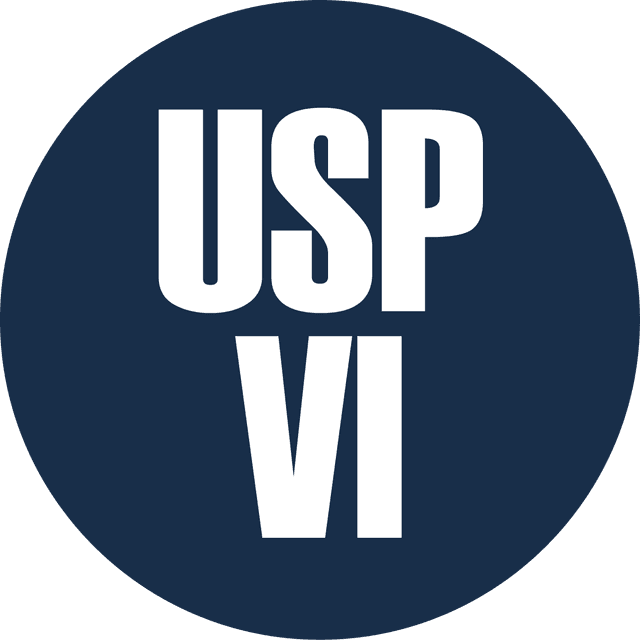
Clean Room Manufactured Materials
Clean room manufactured materials are crucial for industries that require the highest standards of cleanliness and contamination control, such as semiconductor manufacturing and medical device production. These materials are produced in controlled clean room environments to ensure minimal contamination from particles, microbes, or chemicals. This guide explores the features, common applications, and the pros and cons of clean room manufactured materials, with specific emphasis on their use in semiconductor and medical device industries.
Clean room manufactured silicone, CanRez® FFKM and Kalrez® O-rings, gasket rapid manufacturing, & custom molded parts are available now!
Check with one of Canyon’s helpful product engineers for an expert material and manufacturing recommendation.

Features of Clean Room Manufactured Materials
Clean room manufactured materials provide several important features that make them ideal for sensitive applications:
- Contamination Control: Clean room environments minimize exposure to dust, particles, and biological contaminants, ensuring that materials remain pure and free from unwanted impurities.
- High-Purity Standards: The manufacturing processes follow strict guidelines, ensuring that materials meet the high-purity standards required for sensitive applications like pharmaceuticals and electronics.
- Precision and Quality: Manufacturing in clean rooms ensures better control over the quality and precision of the finished products, reducing the risk of defects or inconsistencies.
- Strict Environmental Monitoring: Clean rooms operate under controlled environmental conditions, including air filtration, temperature, and humidity control, to maintain an ultra-clean production environment.
- Biocompatibility: In medical device applications, clean room materials are often biocompatible, ensuring that they do not trigger adverse biological reactions when in contact with the human body.
- Compliance with Industry Standards: Materials manufactured in clean rooms often meet specific industry standards such as ISO 14644 for clean room environments, ensuring that they are suitable for use in highly regulated sectors like medical devices and semiconductor manufacturing.
Common Applications of Clean Room Manufactured Materials
Clean room manufactured materials are used in various industries where cleanliness, precision, and contamination control are critical:
- Semiconductor Manufacturing: Semiconductor production requires extremely clean environments to prevent defects in microchips and electronic components. Materials such as elastomers, gaskets, seals, and packaging used in semiconductor manufacturing are typically produced in clean rooms to maintain ultra-low particle contamination levels.
- Pharmaceutical Manufacturing: Materials used in drug production, such as sterile packaging, seals, and tubing, must be manufactured in clean rooms to prevent contamination and ensure product safety.
- Medical Devices: Clean room manufactured materials are essential in the production of medical devices, including implants, surgical tools, and drug delivery systems, where contamination risks must be minimized.
- Electronics: In the electronics industry, clean room materials are used to produce semiconductors, circuit boards, and sensitive electronic components, where even the slightest contamination could affect performance.
- Aerospace: Clean room manufacturing is essential for materials used in aerospace applications, where precision and contamination control are critical for safety and performance in space exploration and aircraft systems.
- Biotechnology: Clean room materials are commonly used in biotechnology labs and facilities for producing lab equipment, testing devices, and biopharmaceutical components that must meet high-purity standards.
- Optical and Laser Systems: Precision optical components, such as lenses and laser systems, are manufactured in clean rooms to avoid particle contamination that could affect performance and clarity.
Please consult a Canyon Components Engineer about your specific application and we will use our decades of experience to formulate a solution that fits your need.
Clean Room Manufactured Materials Available
This table shows many of our standard materials and links out to our O-ring store. Get in touch with us if you need a custom gasket, custom molded part, or non-standard geometry!
Filter by
Temperature Search (°C)
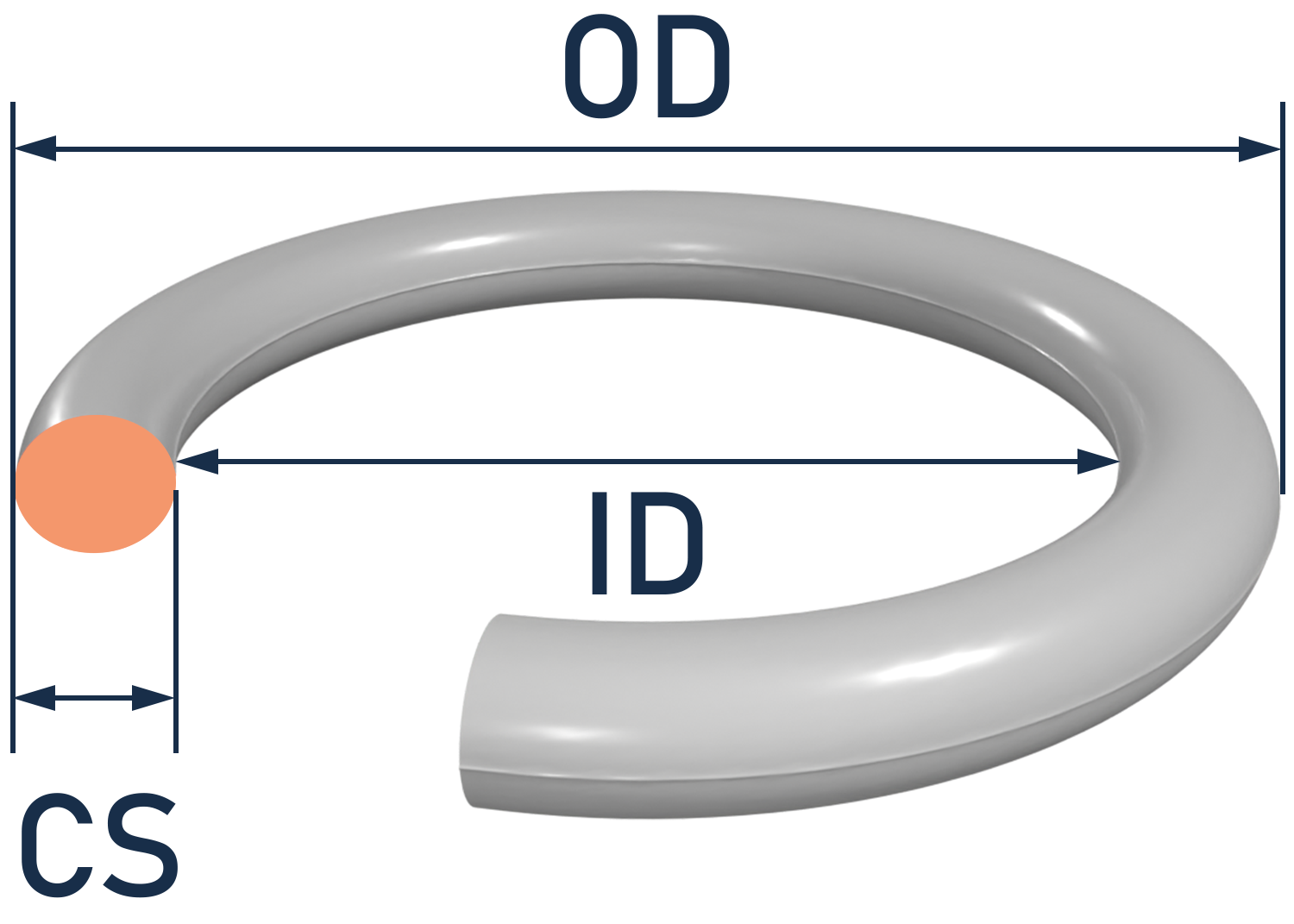
Clean Room Manufactured Plastics
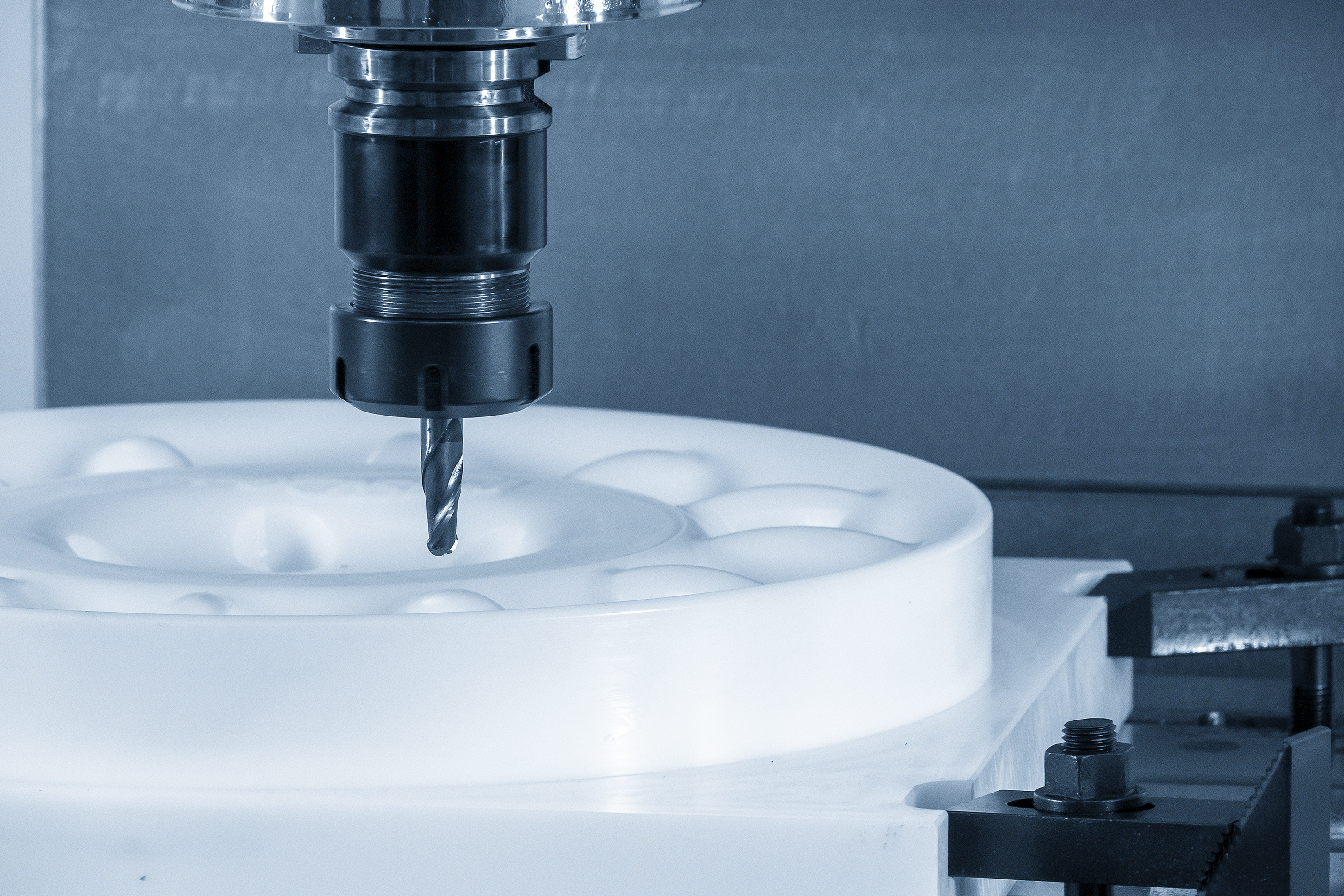
Clean Room Manufactured Materials Pros & Cons
Clean room manufactured materials are critical for industries where contamination control is essential, such as semiconductor manufacturing and medical device production. With features like contaminant-free production, compliance with industry standards, and high reliability, these materials ensure the performance and safety of products in sensitive applications. While clean room manufacturing comes with higher costs and longer lead times, the benefits in terms of product quality, precision, and compliance far outweigh these challenges. Understanding the features, applications, and potential drawbacks of clean room manufactured materials will help you make informed decisions to meet the stringent requirements of your industry.
Canyon Components strives to meet all customer service requests. Feel free to contact Canyon Components engineering and let our knowledgeable staff help you design the perfect part for your needs.

Pros of Clean Room Manufactured Materials
Clean room manufactured materials offer numerous advantages, making them indispensable in high-tech and medical applications:
- High Purity: These materials are produced with minimal contaminants, ensuring the cleanliness required for sensitive applications like semiconductors and medical devices.
- Improved Reliability: By minimizing contamination, clean room materials reduce the risk of defects, ensuring greater reliability in products like microchips, medical implants, and other precision components.
- Compliance with Regulatory Standards: Materials produced in clean rooms often meet regulatory and industry standards, such as ISO 14644 or USP Class VI for medical devices, ensuring product safety and regulatory compliance.
- Enhanced Sterility: In medical device applications, clean room manufacturing ensures that the materials are sterile and safe for use in contact with human tissues, reducing the risk of infections or complications.
- Precision and Performance: For applications like semiconductor manufacturing, clean room materials offer the precision required for optimal performance of high-tech components.
Cons of Clean Room Manufactured Materials
While clean room manufactured materials offer many advantages, there are also some potential drawbacks:
- Higher Costs: Clean room manufacturing processes are more expensive than standard production methods due to the need for specialized environments, equipment, and strict quality controls. This can increase the overall cost of materials.
- Limited Availability: Not all materials are available with clean room manufacturing options, which may limit material choices for some applications.
- Longer Lead Times: The stringent production and quality assurance processes required for clean room manufacturing can lead to longer lead times for product availability.
- Specialized Expertise Required: Manufacturers must have specialized expertise and infrastructure to produce materials in clean rooms, which can limit the number of suppliers able to offer these products. Canyon Components has multiple clean room manufacturing facilities ready to meet your needs!
Relevant Compliances
USP Class VI Materials: Certified for Medical and Pharmaceutical Applications
Explore USP Class VI materials, certified for use in medical devices, pharmaceuticals, and food processing. Learn about their features, compliance standards, and how they ensure safety and purity in critical environments.
FDA Compliant Materials: Safe and Reliable Solutions for Food and Medical Applications
Discover FDA compliant materials, designed for use in food processing, medical devices, and pharmaceutical applications. Learn about their safety features, regulatory compliance, and how they meet stringent industry standards.
Materials for Semicon and Solar
Discover materials for semiconductor and solar applications: specialized for semiconductor manufacturing and durability in advanced energy systems.
Get a Quote Now!
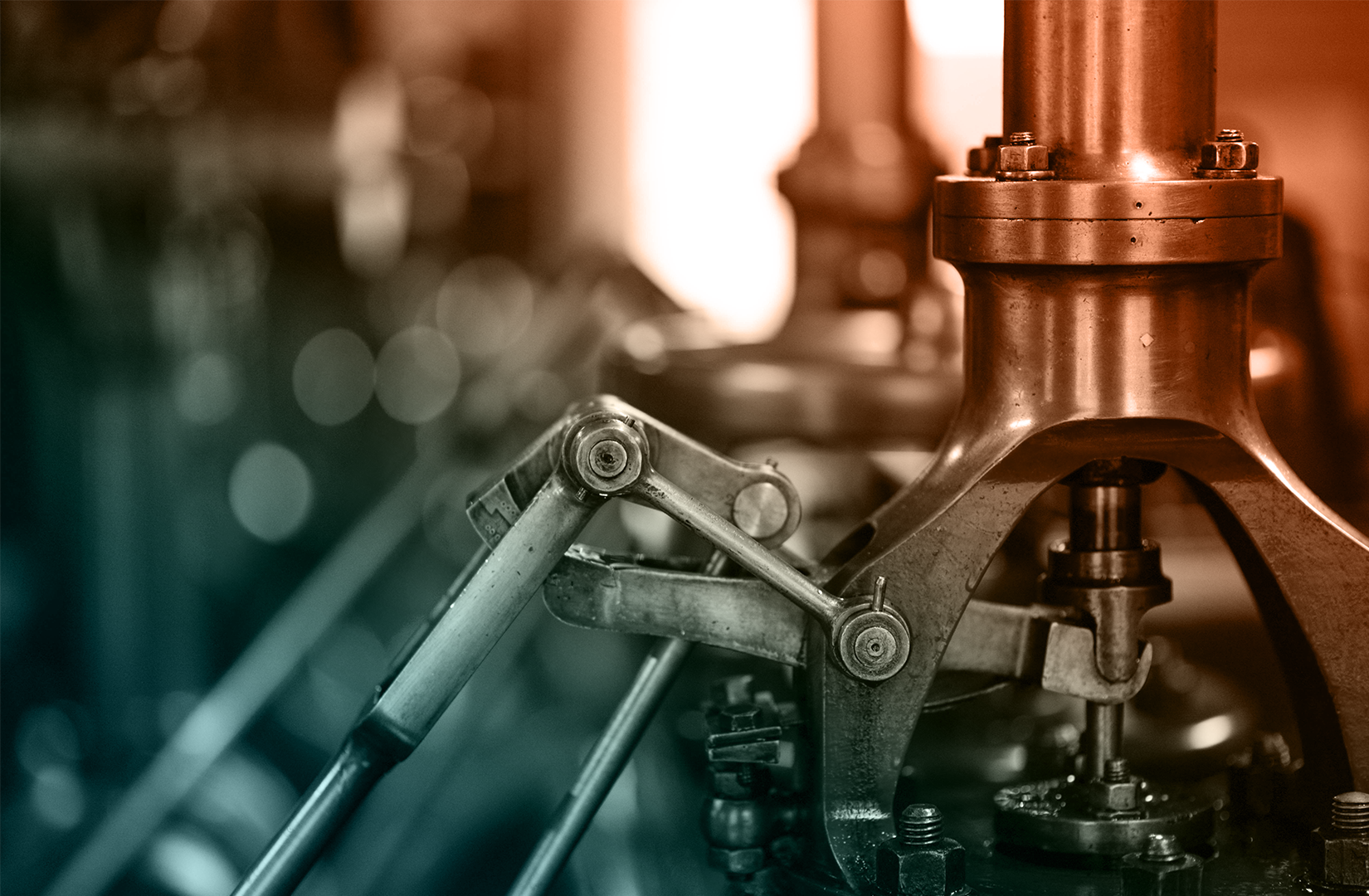
Clean Room Manufactured Elastomers
Semiconductor Manufacturing Materials
Discover clean room manufactured materials, designed for use in the semiconductor manufacturing industry requiring the highest levels of purity and precision. Learn about their features, applications, and how they meet strict cleanliness standards in medical, pharmaceutical, and semiconductor environments.
Specialty Compliances
Canyon have materials available for O-rings, gaskets, & custom parts with compliances ranging from USP Class VI <87> & <88> for medical applications, to FDA CFR 21.177.2600 grades A through F for different food types, to the various drinking water specifications like KTW and NSF. Whether it's metal, rubber, or plastic, Canyon can meet your needs!
Custom Parts
Here at Canyon Components, we make sure to offer our customers any manufacturing technique they desire. Whether your clean room manufactured O-rings, gaskets, & custom molded parts be rubber, plastic, or metal, rest assured that Canyon Components can make it!
CanRez™ FFKM Perfluoroelastomer
Extreme temperatures & chemicals require extreme solutions! Clean room manufactured CanRez™ FFKM materials offer extreme reliability where you need it most! Thousands of sizes in stock now!
Kalrez® FFKM Perfluoroelastomer
Canyon Components offers clean room manufactured Kalrez® Perfluoroelastomer (FFKM) O-rings, gaskets, & custom molded parts at competitive prices and with great lead-times.
Clean room manufactured Parker® O-rings, Parofluor parts, parker FKM Viton
Canyon Components offers clean room manufactured Parker Hannifin® O-rings, Gaskets, NSF 61 Perfluoroelastomer (FFKM) parts, & custom molded parts at competitive prices and with great lead-times.
FKM (Viton®, Fluorocarbon)
Clean room manufactured FKM compounds, O-rings, gaskets, & custom molded parts exhibit excellent mechanical attributes as well as excellent resistance to high temperatures, mineral oil, ozone, fuels, hydraulic fluids, and many other solvents and chemicals.
Aflas® (TFE/P)
Clean room manufactured TFE/P (Aflas) compounds, O-rings, gaskets, & custom molded parts gives high resistance to steam, hot water, atmospheric wear, and many chemicals. TFE/P compounds provide superior performance in water, steam and virtually all caustic chemicals.
Fluorosilicone (FVMQ)
The mechanical and physical properties of clean room manufactured Fluorosilicone O-rings, gaskets, & custom molded parts are very similar to silicone. Fluorosilicone O-rings, gaskets, & custom molded parts offer improved flexibility and strength, better resistance to fuels and mineral oil, but reduced hot air resistance.
Silicone (VMQ, PVMQ)
Clean room manufactured Silicone seals, O-rings, gaskets, & custom molded parts are excellent for extreme temperatures in static applications. Canyon Components carries a range of silicone materials, and we are happy to custom tailor a seal to meet your application requirements!
EPDM (Ethylene Propylene)
Clean room manufactured EPDM materials, O-rings, gaskets, & custom molded parts can operate over a wide temperature range, and are compatible with glycol fluids that cause problems for most typical elastomeric seals.
NBR (Nitrile, Buna-N)
Clean room manufactured Nitrile O-rings, gaskets, & custom molded parts are very oil-resistant, have strong mechanical properties, are resistant to wear, and are relatively inexpensive. These properties make Nitrile the most commonly used general purpose O-ring, gasket, & custom molded part material.
HNBR (Hydrogenated Nitrile)
Clean room manufactured Hydrogenated Nitrile O-rings, gaskets, & custom molded parts offer higher strength and reduced degradation at high temperatures compared to conventional Nitrile materials. These properties make HNBR materials popular in the oil and gas industry, as well as many applications in the chemical industry.
XNBR (Carboxylated Nitrile)
Clean room manufactured XNBR O-rings, gaskets, & custom molded parts are similar to Nitrile, but the backbone has been chemically modified with a Carboxylic Acid group. The resulting elastomer is a Nitrile rubber with outstanding abrasion and chemical resistance, superior to that of traditional Nitrile.
Neoprene (CR)
Chloroprene was the first synthetic rubber, and was developed commercially under the name Neoprene®. Clean room manufactured Chloroprene rubbers, O-rings, gaskets, & custom molded parts contain Chlorine in the polymer to reduce the reactivity to many oxidizing agents, as well as to oil and flame.
Polyurethane (PU, AU)
Clean room manufactured Polyurethane O-rings, gaskets, & custom molded parts generally have two or three times greater tensile strength and wear resistance than Nitrile and comparable polymers. Polyurethane also provides excellent permeation resistance when compared to most rubbers.
PTFE Encapsulated
Clean room manufactured FEP and PFA encapsulated O-rings consist of an elastomeric core and a seamlessly closed casing of modified PTFE. The elastomer core of encapsulated O-rings is typically made of FKM (Viton) or VMQ (silicone) and guarantees a uniform pre-tensioning at the sealing point.
Spring Energized Seal (SES)
The harshest environments require specialized solutions. Often times, a Canyon Components clean room manufactured Spring Energized Seal (SES) will be needed. SES are typically formatted in a multi-piece assembly consisting of a polymeric sealing component that is wrapped around a spring energizer.
Back to Compliance Hub
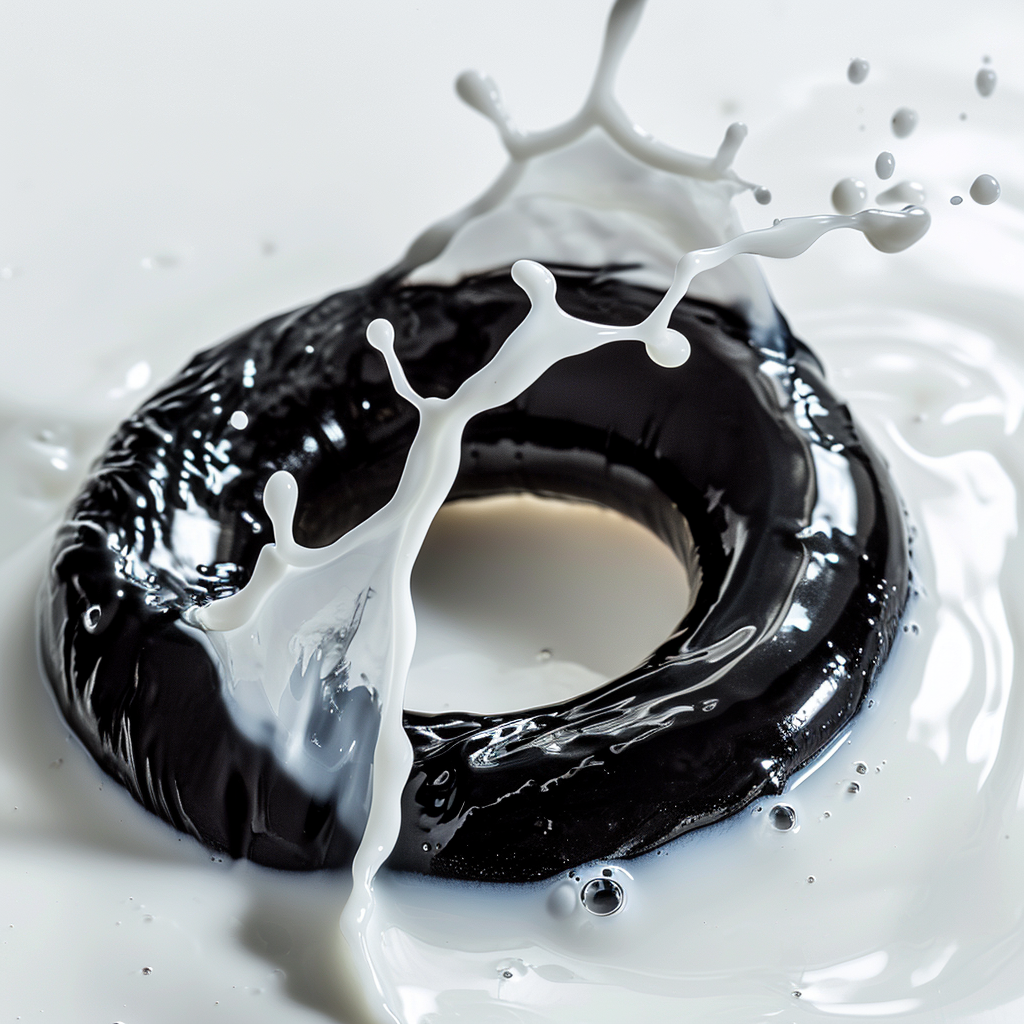
Get A Quote Now!


